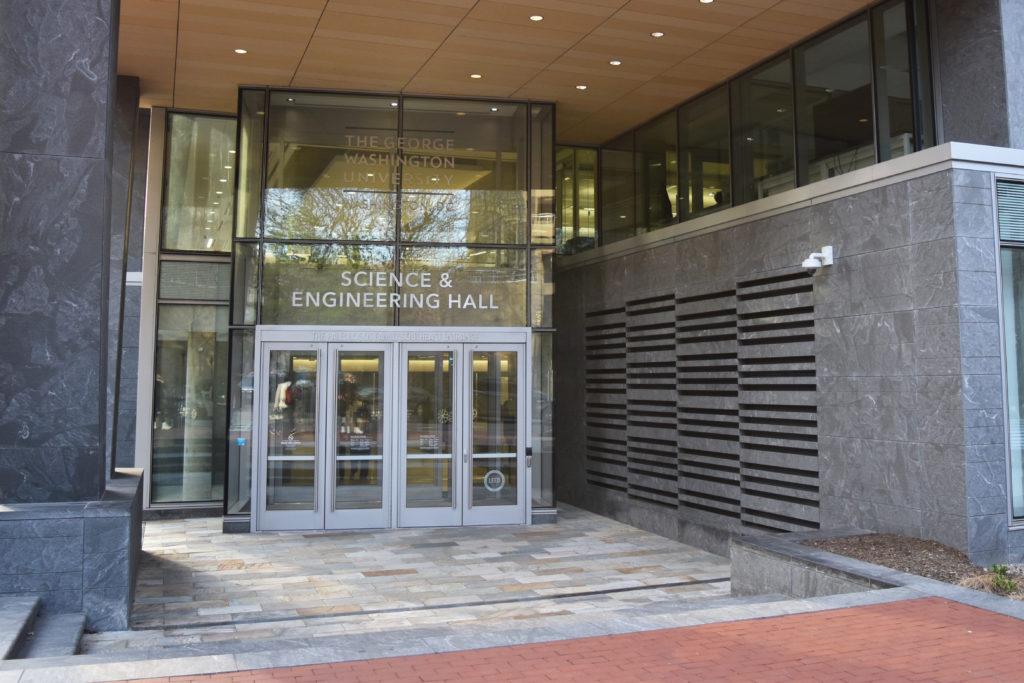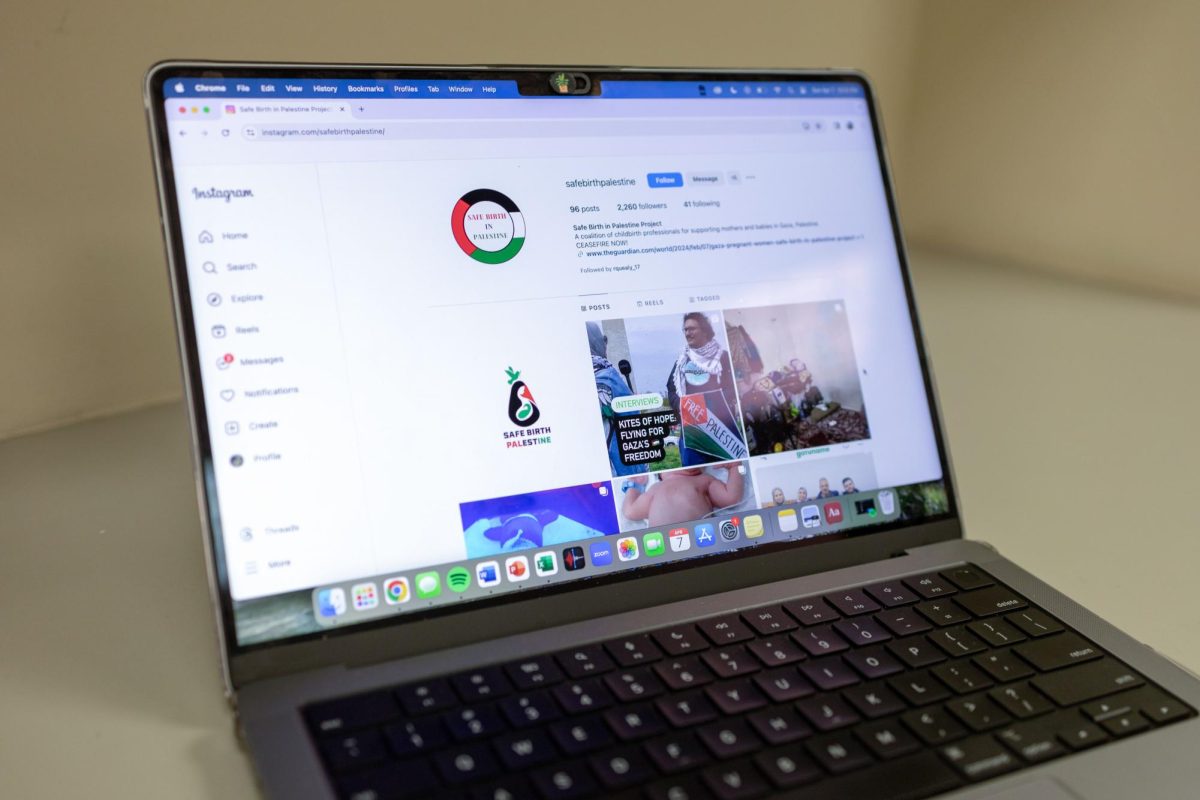Two researchers in the School of Engineering and Applied Science are developing a visual search engine for COVID-19 research papers, according to a University release Thursday.
Electrical and computer engineering professor Howie Huang and doctoral student Isaiah King designed the search engine – called Graggle – in response to a call from the White House, National Institutes of Health and other research organizations charging artificial intelligence experts to create a concise database of knowledge on COVID-19, the release states. Huang said the search engine will provide researchers in medicine and public health quick and efficient access to available knowledge about the disease.
“Given the recent influx of research papers written about the novel coronavirus, it is vital for the medical researchers to be able to stay current and take advantage of the latest result,” Huang said in the release.
Unlike other coronavirus-related search engines like Google AI’s COVID-19 Research Explorer and the Lawrence Berkeley National Lab’s COVIDscholar, Graggle provides a visual representation of the connections between research papers, according to the release. The closer papers are to one another in color and distance, the more likely they are to focus on similar topics, and the search engine’s algorithm recalculates when users click on a paper, allowing researchers to find more papers focusing on a specific interest, the release states.
“Graggle provides a visual, interactive web of interrelations between papers so that one may understand the context of each individual paper’s contribution,” King said. “It’s a great research tool for visual learners like myself, and I hope it will help anyone out there researching the virus.”








